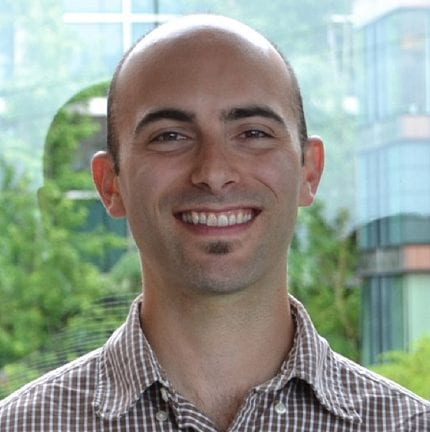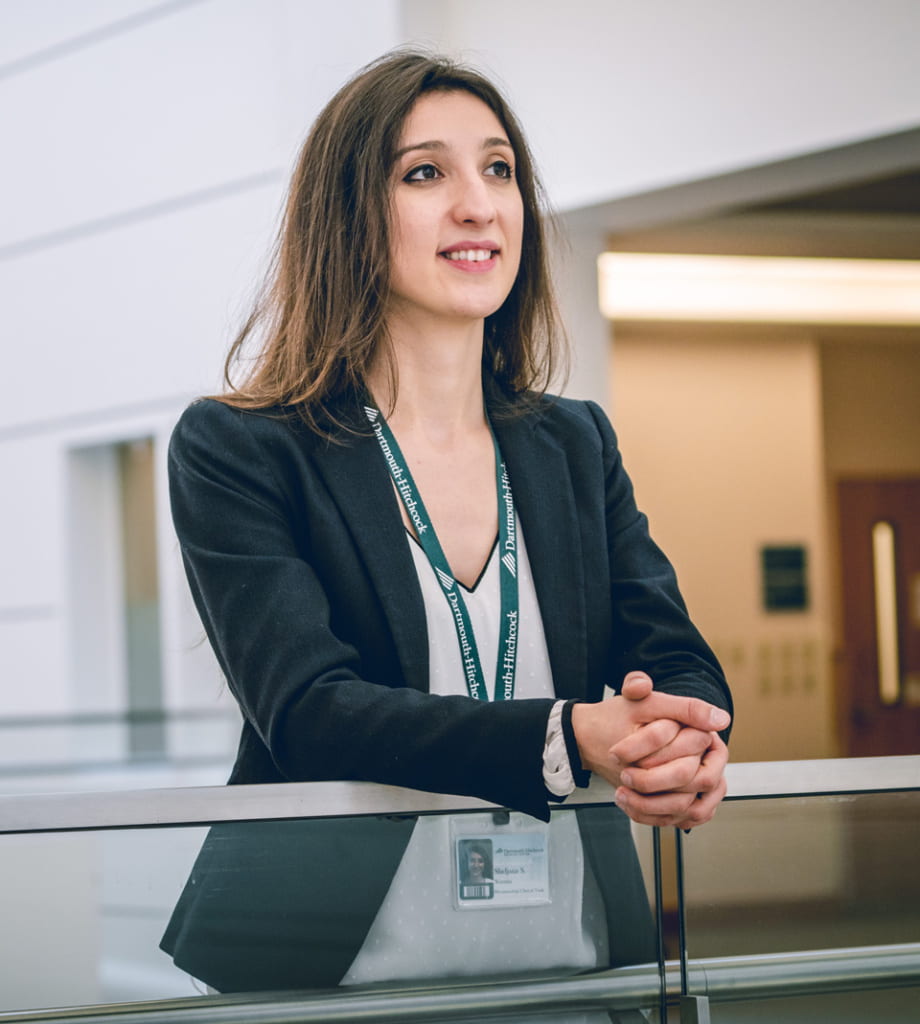Dr. Benjamin Ross joins the CQB as a Pilot Investigator

We are happy to welcome Dr. Benjamin Ross to the CQB as one of our pilot investigators. His pilot project “Revealing the impact of tryptophan metabolism on host-microbe and microbe-microbe interactions in the gut” will help reveal how metabolism of tryptophan impacts microbe-microbe and host-microbe interactions.
Dr. Sladjana Skopelja-Gardner becomes a full Investigator with the CQB

Congratulations to Dr. Sladjana Skopelja-Gardner who became a full investigator with the CQB after the success of her Pilot Project “Mechanisms of kidney inflammation and injury in lupus photosensitivity“. She continues her important research with her new project “Neutrophil-mediated pathways of kidney injury in lupus nephritis“.
Dr. Feng Fu, and Dr. Matt Mahoney successfully graduate from CQB

Project PI Feng Fu was promoted to associate professor with tenure in July 2021, graduating off the COBRE in June 2022. As a COBRE project lead, Dr. Fu worked on mathematical and computational models for understanding efficacies of immune checkpoint inhibitors and their potential combinations in the past three years. Dr. Fu said, “I am very grateful for the COBRE support which brings momentum in my career development at Dartmouth. It helps consolidate my research program in biomedical research and also synergistically interacts with my teaching and research mentoring activities.” In the future, he will continue the work along with interactions and collaborations within the CQB community.

Project PI Matt Mahoney graduated off the CQB COBRE February 2022, after receiving an R01 grant for his project, “Integrating high-throughput histology with systems genetics through causal graphical models.” Dr. Mahoney credits the CQB with providing the essential support needed to build his team and carry out his research. During his three years with the CQB, his group developed computational tools to integrate genetic, transcriptomic, proteomic, and histopathology data, with a goal of resolving the complex chains of causality from a gene variant through molecular networks to tissue structure and, ultimately, clinical outcomes. The guidance from COBRE mentors was instrumental to his success.
